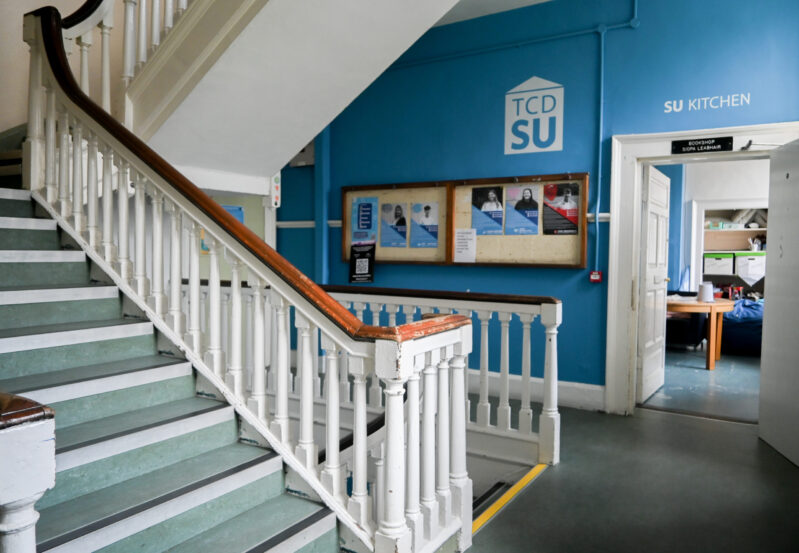April is a busy month in Trinity. While the lucky students who got T Ball tickets are gearing up for the event of the year, summer vacation is coming soon. And, of course, there’s the much-anticipated Trinity Monday, a reminder of the stressful events that loom in the past: foundation scholarship exams.
The Foundation Scholarship exams, or ‘schols’ as they are commonly known, are a rite of passage for senior fresh students at Trinity and are known as one of the most challenging sets of exams in the country for undergraduates. These exams take place in the second week of January, they are course specific with most courses having a general exam and module specific questions. While this does not sound outwardly difficult, the questions are often vague and require in depth knowledge beyond what is taught in the first year and a half of university. Exams ask questions such as “Meaningful political competition requires much more than Schumpeter believes.” Evaluate this statement.” and “All history is the history of thought’ (R.G. Collingwood). Is it?” These aren’t just questions about facts or events but are more critical thinking needed and an ability to look at complex ideas on a larger scale.
For students, the pressure is intense. In a university environment that already fosters high academic standards, the added burden of preparing for schools can be overwhelming. Students often ask each other questions about “how dedicated” they are to the exams. Comparing preparation strategies or worrying about not spending enough time in the library becoming the sole topic of conversation is the norm.
In addition to this pressure of the exams the stakes become even higher when looking at the benefits students get; including free tuition, an annual salary, free accommodation, and commons, which is a three course dinner in the dining hall served every night. For students already burdened by the high cost of living in Dublin, the financial relief these benefits provide is significant. However, this raises a question: is it fair to pit students against each other for such a coveted privilege – essentially a roof over their heads – in a city notorious for its high accommodation costs? The competition for schols can create an added layer of stress and tension, possibly between students who are perceived as not ‘needing’ free rent or lower fees to have access to education. In a system that promises so much for the few who succeed, is the pressure of schols truly reflective of the spirit of academic merit or just an extra hurdle in an already demanding environment.
While the competition can be daunting, there are undeniable benefits to this system in addition to the more material benefit. The culture of academic rigour and excellence, while having its drawbacks, does create an environment where students are motivated to push their intellectual boundaries, think critically, and engage deeper with the modules. What needs to be done is to strike a balance between students who take that step in their academic careers while not placing pressure on those who choose to focus on their degree. The healthy competition, for students who want it, provides a challenge setting a higher academic bar. In this way, exams help to maintain the institution’s reputation for producing some of the most highly educated and well-prepared graduates in the country. While the pressure can be immense, the rewards of success – both intellectual and material – can be a powerful motivator, driving students to push them creating a dynamic, competitive academic environment.
As Trinity continues to uphold its reputation for academic excellence, it must also consider how the pressures of schols affect the broader student body. Is the pursuit of intellectual rigour worth the cost to students’ mental health and personal lives. The question remains how can the system evolve to ensure all students, including those where their skill set does not sit in examinations. It is crucial to remember that academic success is not just about awards and accolades, but about fostering a community where every student can thrive.







